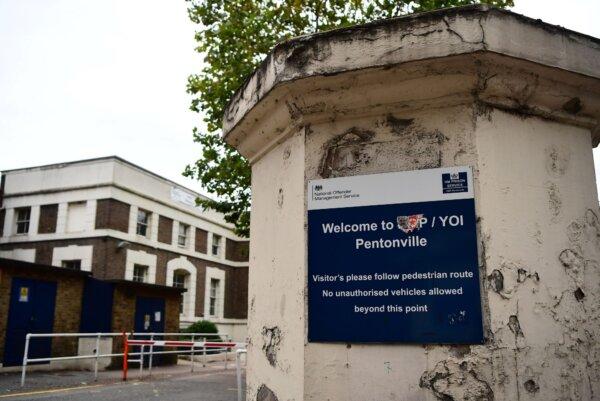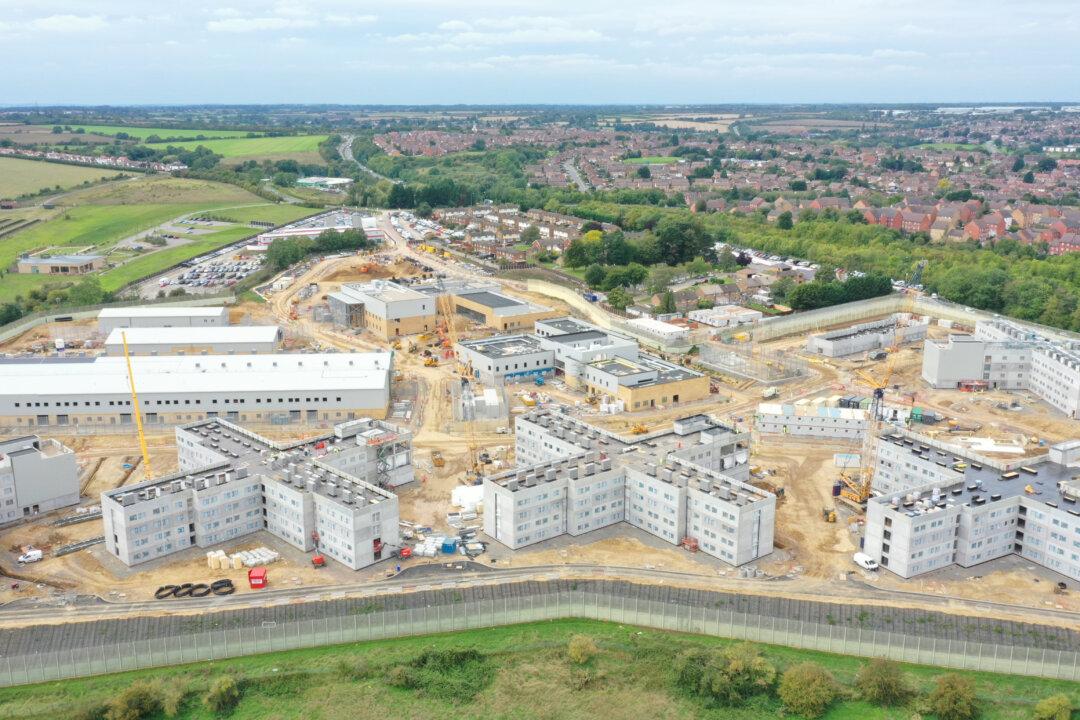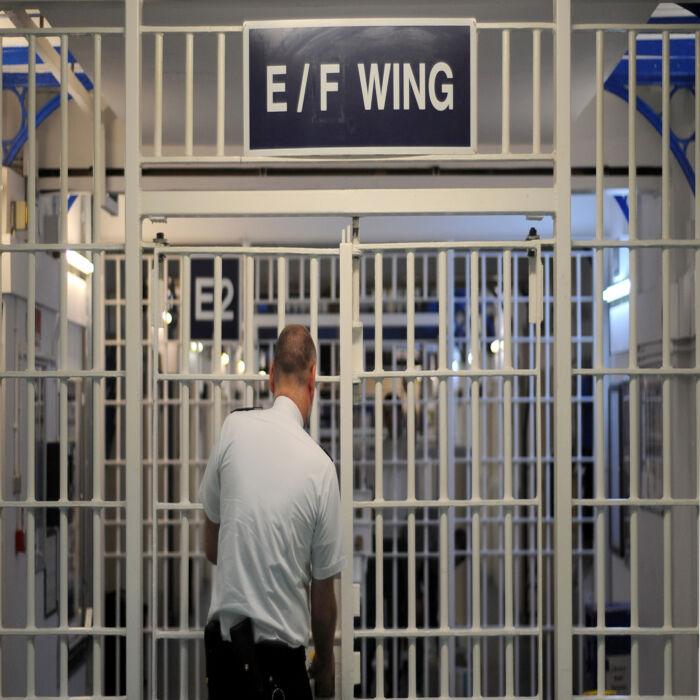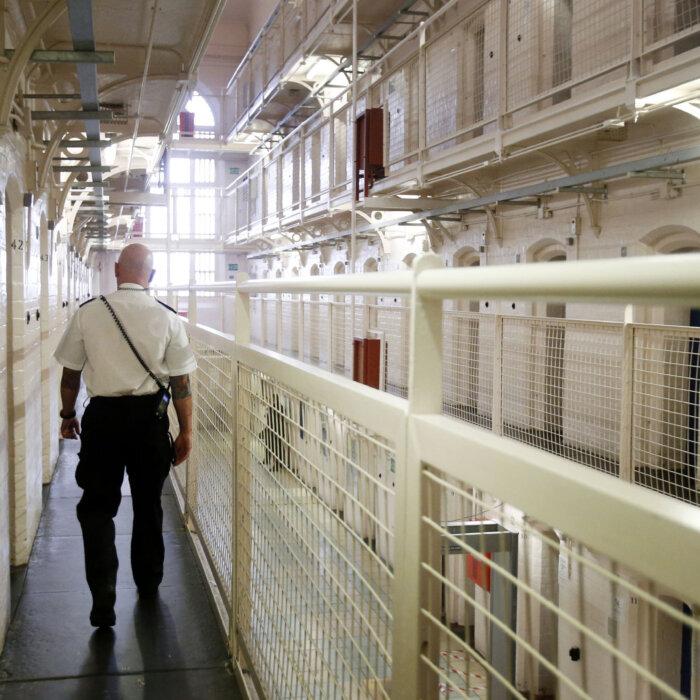Labour has said it will bypass the usual planning system in order to deliver two new prisons and deliver the 14,000 extra places which are required.
On Sunday, Labour said on its website that a Labour government would “take control of the planning process by classifying prisons as being of ‘national importance’ on public safety grounds, so the approval decision is in ministers’ hands.”
Currently only military bases, facilities run by MI5 and MI6, nuclear power stations, and some ports are excluded from the planning process on grounds of “national importance.”
Ms. Thornberry replied: “Yes, what we are doing is we are going to build the 20,000 places that the government has promised for years they are going to build but they have only managed to build 6,000 places.”
“There are two sites that have been identified. There is money that has been identified, and yet for reasons best known to the government, they have not gone ahead and built. We will do that and we will then look for further sites,” she added.
Ms. Thornberry said, “If necessary the secretary of state will take control of the planning process because prisons are of national importance because of public safety.”
She said the justice secretary would “obviously” liaise with the local council in the area where a new prison location was chosen to discuss local concerns about traffic and public safety.
Decision to Build Prisons to Be Made by Ministers Not Local Councils
Ms. Thornberry reiterated that the decision would be made by ministers and she said: “At the moment we have police officers instructed to arrest fewer people, we have courts that have been told to delay hearings, we are releasing criminals early. This is because our prisons are overcrowded.”As of May 31, there were 87,177 inmates behind bars in England and Wales, more than 7,500 above capacity.

Many of Britain’s prisons were built in the Victorian era and some are even older.
HMP Dartmoor was built in 1803, mainly for French prisoners of war from the Napoleonic wars, and was first earmarked for closure in 2013, but it has remained open owing to the overcrowding crisis.
Construction of HMP Millsike, next door to Full Sutton in North Yorkshire, is also under way.
The government is seeking sites for three new prisons and the House of Commons library says, “Potential sites, subject to planning appeals, include land near current prisons Garth Wymott (Lancashire), Gartree (Leicestershire) and Grendon (Buckinghamshire).”
On Sunday, the shadow justice secretary Shabana Mahmood said, “It’s actually a failure of the government because they’ve allowed the planning system to get in the way and they’ve allowed complaints from their members of Parliament, backbenchers in particular, to stop any building in our country.”
‘The Government Needs to Level With the Public’
Ms. Mahmood told the BBC: “The government needs to level with the public. We all know that prisons are running at either 98 percent capacity or 99 percent.”“It is a dereliction of duty that the government hasn’t actually released all of the figures about their early release scheme, they’ve actually been doing that in secret,” she added.
Labour leader Sir Keir Starmer, a former head of the Crown Prosecution Service, said: “I am critical of the Tories’ early release scheme because what’s happened is that they’re releasing early prisoners who should still be in prison and that’s a shocking state of affairs.”
“Like the many problems that they have left for the country, if we do come into power we’re going to have to fix it,” he added.
“Now that will involve building prisons, that will involve taking tough decisions because the money has been allocated for prison building but there are tough decisions about planning and getting those prisons up,” added Sir Keir.
The Conservatives have pointed out, under the last Labour government (1997–2010) more than 80,000 prisoners were released early under the end of custody licence scheme.
Mr. Chalk said in October: “The prison population in England and Wales is greater than it has ever been—nearly double the level it was three decades ago. Now that is not principally because of the growth in the sentenced population. Instead it’s the remand population, principally made up of unconvicted prisoners awaiting trial, that has surged in recent years from 9,000 in 2019 to over 15,000 in 2023.”
Mr. Chalk also said 3,000 people who had been given Imprisonment for Public Protection (IPP) sentences were still in jail despite their tariffs having been completed. IPPs were passed by the previous Labour government and have proved to be very controversial with people sometimes locked up for years for relatively minor crimes.







